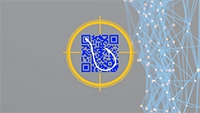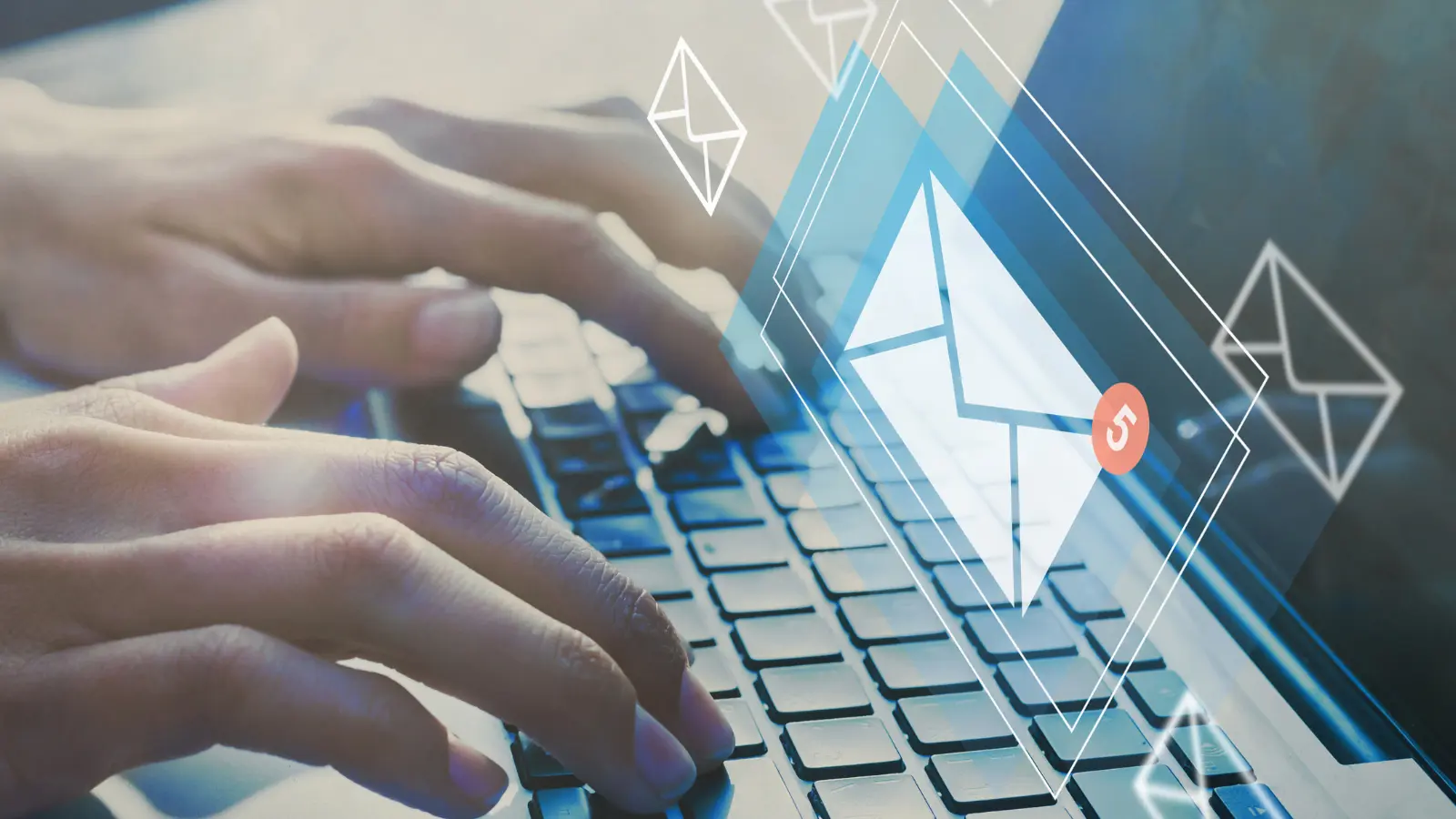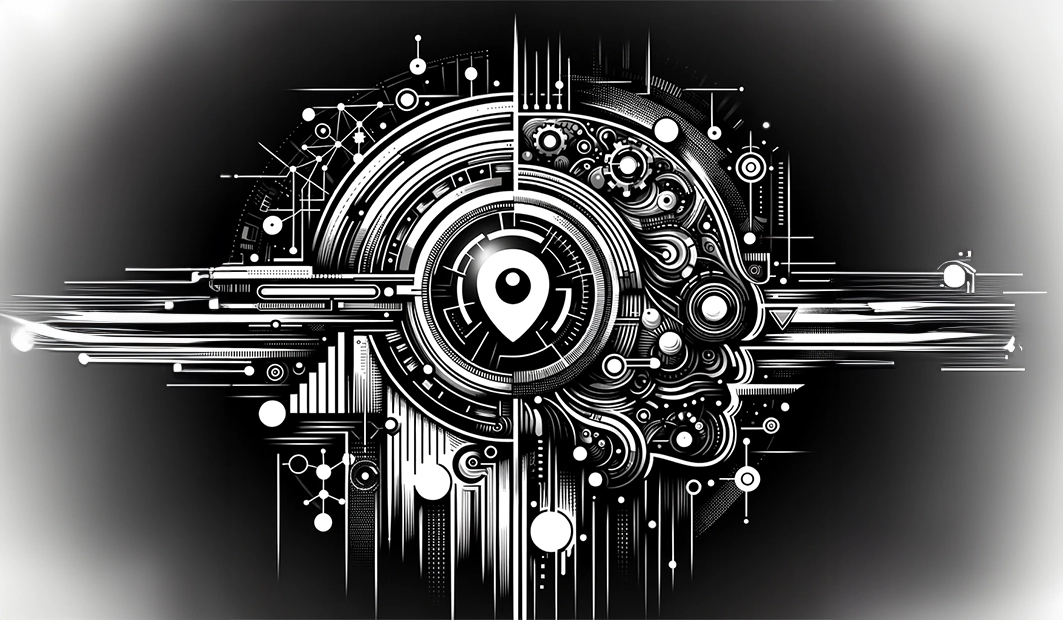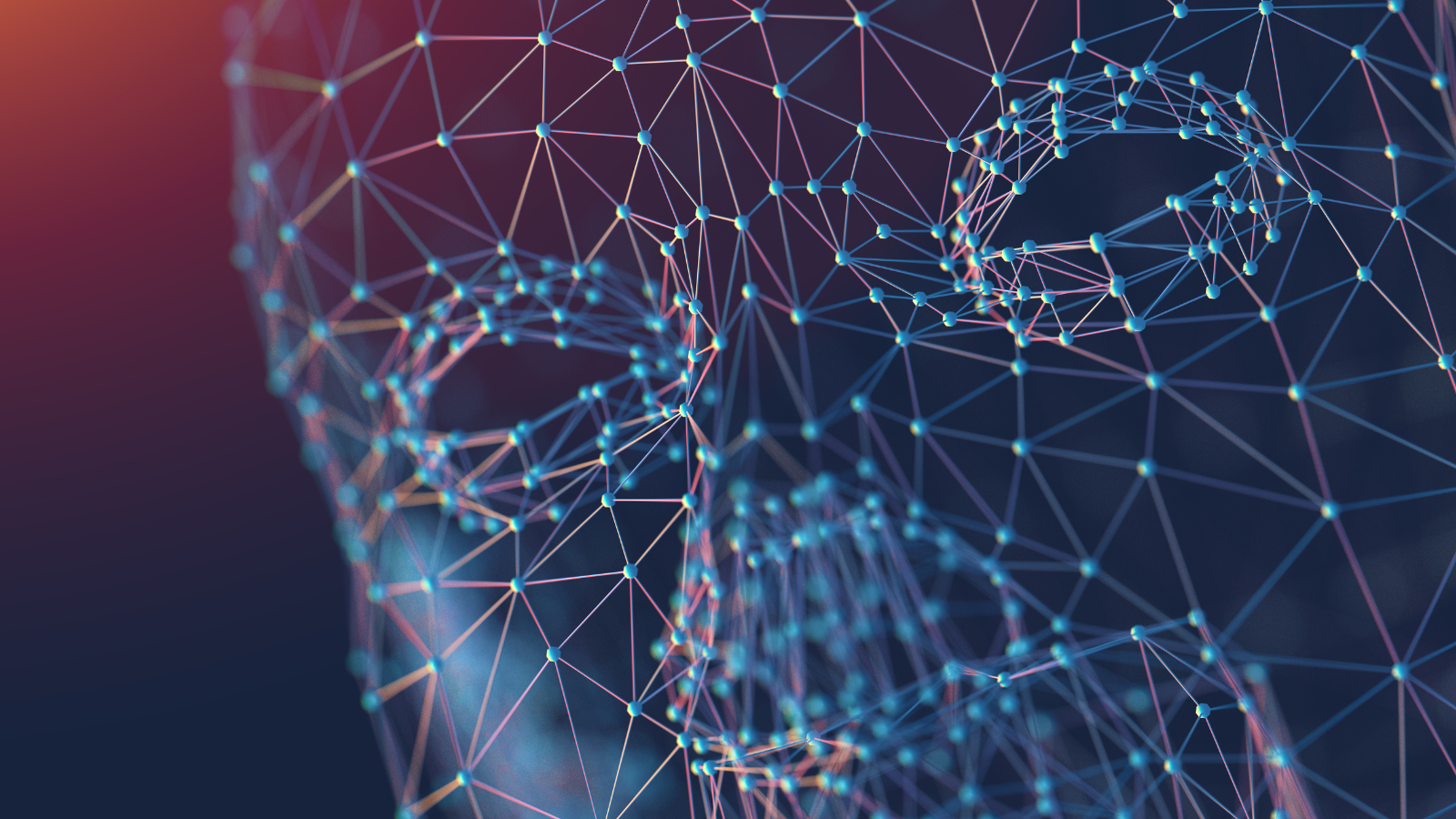“We have to leverage AI in cybersecurity because [the bad actors] are using it against us,” says Eyal. “You can't bring a knife to a gunfight.”
IRONSCALES founder and CEO, Eyal Benishti, recently sat down to discuss the role of ethics in AI with Peggy Smedley on The Peggy Smedley Show, the podcasting voice of IOT and digital transformation. In the segment, Eyal and Peggy discuss :
- Why AI Isn’t a Silver Bullet in Cybersecurity
- Fighting the Bad Guys in Email Security
- Who Wins Against Cyberattacks?
- AI: Changing the way we think about email security
Peggy Smedley: Hello, listeners, and welcome back to The Peggy Smedley Show. My next guest is a leader in advanced phishing and threat protection. Before establishing his current company, he served as a security research and malware analyst where he filed two patents in the information security domain. Please welcome Eyal Benishti, founder and CEO of IRONSCALES. Eyal, welcome to the show.
Eyal Benishti: Hi, Peggy. Thank you very much. Happy to be here.
Peggy Smedley: Well, I'm delighted to have you. Let's talk about your thoughts, and I guess, I'm going to start out by asking, what do you think is the general consensus: You know, we've got a lot going on in cyber security these days, but I've been talking about ethics in AI… How do we get it right? How do we get it right and what do you think are the biggest misconceptions?
Because I think, we even saw Google just introduce a phone that can record things, and everybody's got their own thoughts. But I'd love to get yours. You've been doing a lot of great things in this area and I think you have a lot of great opinions to share.
Eyal Benishti: Yeah, I think it's a great question. I think the number one thing to consider is AI, at the end of the day, is a tool, it's a technology, and as everything else, we can put it into good or bad use, it's up to us to decide how we're going to utilize and use this amazing technology that's going to change, and is already changing, the world in a way.
I think that as long as we concentrate on taking this technology and putting it into good use, put the bad things aside and really focus on how it can make peoples lives better and improve, not just security, but our day to day life and activity, we will be in a good place – in the very near future, if you ask me.
Peggy Smedley: I posted a question up on LinkedIn asking people what cybersecurity professionals should ask themselves before implementing AI into business and how do we reduce risk, how do we make security, more I guess, protective of our environment because I think there's a lot of bias out there. Do we still put cybersecurity into that equation? I guess, can we do that?
Eyal Benishti: I think that's something that we need to be very careful when we attach these two things together, cyber security and AI. Just try to stay away from buzzwords and really talk about how this technology can be put into good use. I think today AI is mostly about helping people do a better job. We see that there is a shortage in skills and professionals in the cyber security, between two and four million people.
I think that the trouble AI and machine learning is not to be a silver bullet solution to all those problems, but really help people to do better job and to make their life better.
And by that I mean that people don't need to spend time on long and tedious kinds of stuff that we can actually ask the computer to automate and make for them, and really focus on the things that really needs the human kind of intervention, which is a lot because we know that these guys are dealing with lots of things that they need to fix and attend to on a daily or even hourly basis.
And if the computer can help them or AI can do most of this stuff and let them attend to the stuff that really needs their attention, they will do a better job and they won't get tired because we need more people that have soft skills. Cybersecurity professionals are reporting they are tired. More than 60% of them are even considering leaving their job and looking for different things to do.
I think that in this specific case, if we take AI and utilize it better to help them do a better job and take off some of the stress that these guys are experiencing on a daily basis [such as anti-phishing and other cybersecurity threats]. We don't have to look at AI and machine learning as a silver bullet, but just as something that can help them go through the day.”
Peggy Smedley: I'm going to ask you the really blatant question that I have. I'm going to get right to it. Is there a way to prevent the use of AI with a criminal intent? Because that's what's on my mind right now hearing you talk, and just in general.
Eyal Benishti: No, I think it can't be stopped. I think it's out there already….
Peggy Smedley: So, the genie's out of the bottle is what you're saying, right? The criminal intent is out there.
Eyal Benishti: Yeah. And we must make sure that it's not going to be an axiomatic equation where the threat actors are using or leveraging on AI in order to cause bad things. We have to use AI from a defensive perspective [in email security and cybersecurity]. It's not a question anymore. It's not something that we can keep debating whether we need to leverage AI or not. We have to have it because they're using it against us. You can't compete with machines with bare hands or can't bring a knife to a gunfight.
This is why AI is a must. We can't stop the people from doing bad stuff in AI. We can just make sure that we are leveraging on the same technology and capabilities in order to fight against all the bad stuff that they are doing already and are planning in the near future, because they are not stopping. They are making lots of money and they will keep looking for the best technology in order to make even more money and more damage, because this is what bad people are doing.
Peggy Smedley: Well, so then here's my question then, if cyber criminals are launching all these AI-driven attacks that you're describing, or defenses are increasingly powered by AI. That's what you're talking about. Who wins? We talk about this all the time. In an AI versus AI situation, because in my mind we talk about this as separate. This isn't people now. Who's going to push the button? It's going to be a machine pushing the button. It's not a human that can stop it. So, in an AI world I don't quite understand then. Help me, because you can't pull back in an AI situation. It's a machine making that decision. How do we stop it then? Bad guy versus bad guy, or two machines being bad guys.
Eyal Benishti: The best algorithm wins, and we always need to strive and make sure that the best minds are working for the good side, working and developing the best and the futuristic technologies that can basically fend off bad AI stuff. Like, in many things, even in even in real conflicts and wars, the companies with the best technologies and the best [email security and anti-phishing] platforms and algorithms will win the fight eventually.
Peggy Smedley: So, we're really talking about all this, we really have to think long and hard. We'd better have a lot of the good guys just like we've been talking about cybersecurity up to this point, when we get to AI, we really have to think long and hard about this and I guess even the benefits of AI and email security, are we going to that level again? AI is taking over everything. Will it be in our emails? Will it be in everything we're talking about going forward? Can you explain how you deploy that?
Eyal Benishti: Yeah, it will be everywhere. In email security and not just in email security. It will change the way companies are thinking about cybersecurity. It won't be siloed anymore…I think that we'll see more companies cooperating in a way, sharing data and information in real time…If we use AI and leverage big data, we will be able to do so much, a much better job at protecting companies and and as a society.
Peggy Smedley: Eyal Benishti, founder and CEO of IRONSCALES. What's your URL? You're going to have to come back and talk to me again sometime.
Eyal Benishti: You can find me at www.IRONSCALES.COM. Happy to speak again.
Peggy Smedley: Thank you so much. This is The Peggy Smedley show, the podcasting voice of IOT and digital transformation. Remember with great technology comes great responsibility. Have an awesome week.
Listen to the segment
Download our white paper and discover the 7 essentials of a modern, AI-powered email security platform.

November 8, 2019












